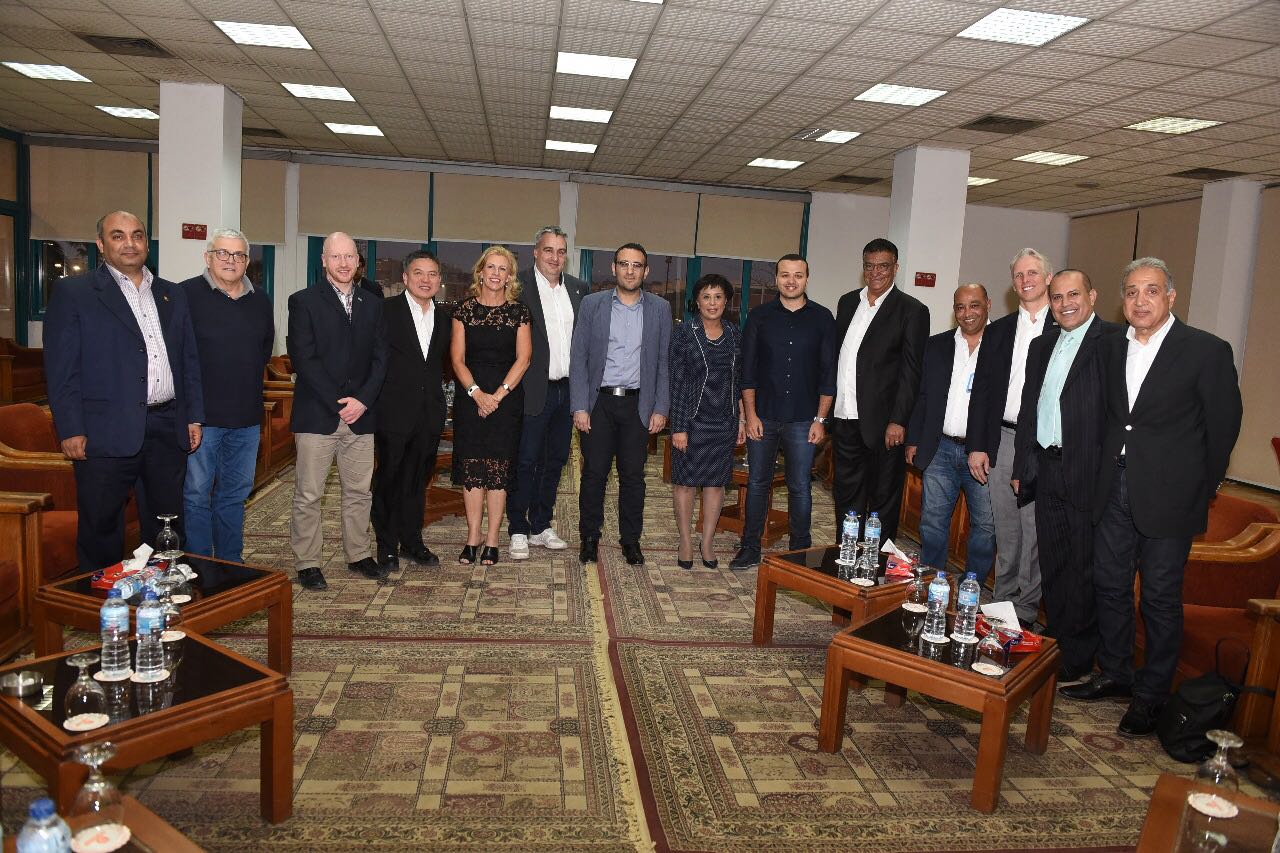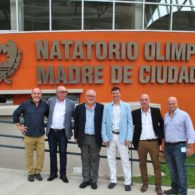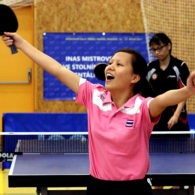World Intellectual Impairment Sport Governing Board meets in Cairo
The International Federation for Athletes with Intellectual Impairments (World Intellectual Impairment Sport) Governing Board gathered for their first meeting of 2018 in Cairo, Egypt, between 21-22 March.
During the meeting, hosted by World Intellectual Impairment Sport Egypt member ESFID, a number of key items were agreed, setting-up 2018 as another year of progress.
The board have agreed to create a Neutral Athlete Policy to allow the participation of athletes from countries with no member organisation to compete at World Intellectual Impairment Sport competitions in exceptional circumstances. The full policy will be developed and published in the coming months.
The group also reviewed the progress of the project to introduce additional eligibility groups in World Intellectual Impairment Sport competition.
The trial groups – II2 for athletes with more significant impairments and II3 for athletes with high-functioning autism – were introduced in 2017 at the swimming and table tennis Championships.
Following the further inclusion of II2 and II3 medal events at the World Intellectual Impairment Sport Indoor Athletics Championships and World Intellectual Impairment Sport World Alpine and Nordic Skiing Championships in early 2018, it was agreed to continue with the trial. II2 has initially been limited to athletes with Down syndrome but research is underway regarding expanding the group to athletes who have an intellectual together with a further impairments.
From a strategic perspective the board discussed the World Intellectual Impairment Sport events programme and how competitions can be improved from an athlete and stakeholder perspective. This included the role of the sports committees and the Official Representative – the Governing Board member assigned to each event. The ideas put forward will be discussed at the Sports Council meeting in July.
The annual accounts for 2017 were presented and approved, and these have now been published in the Annual Report.
The first quarter management accounts for 2018 were also discussed alongside the need to generate more income through partnerships and fundraising. Projects such as #WeAreSport and the new World Intellectual Impairment Sport Global Athlete Foundation have seen early success but more work is required to support other initiatives.
Revisions were agreed to a number of policies and provisions which follows on from governance changes agreed at the 2017 General Assembly.
Suspensions of World Intellectual Impairment Sport Members in Indonesia and Great Britain were lifted and the Confederation Internationale Francophone Sport Adapté Culture (CIFSAC) was added as a provisional member. If formally approved at General Assembly, CIFSAC will be the second member in the International Federation category alongside World Taekwondo.
A number of appointments to sub-committees were also signed off. Catherine Fayollet (FRA) was confirmed as chairperson of the World Intellectual Impairment Sport Medical Committee and Dave Harman (ECU) has been appointed to the World Intellectual Impairment Sport Global Games Committee.
A reorganisation of the Anti-Doping Committee is also currently being implemented to ensure greater accountability and focus on individuals strengths/experience.
Finally updates were received on the planning and delivery of the 2019 World Intellectual Impairment Sport Global Games in Brisbane, Australia. Reviews were also undertaken of the 2017 World Intellectual Impairment Sport Swimming Championships, indoor athletics and alpine and Nordic skiing.
The next World Intellectual Impairment Sport Governing Board meeting will take place in Madrid, Spain, in September.




